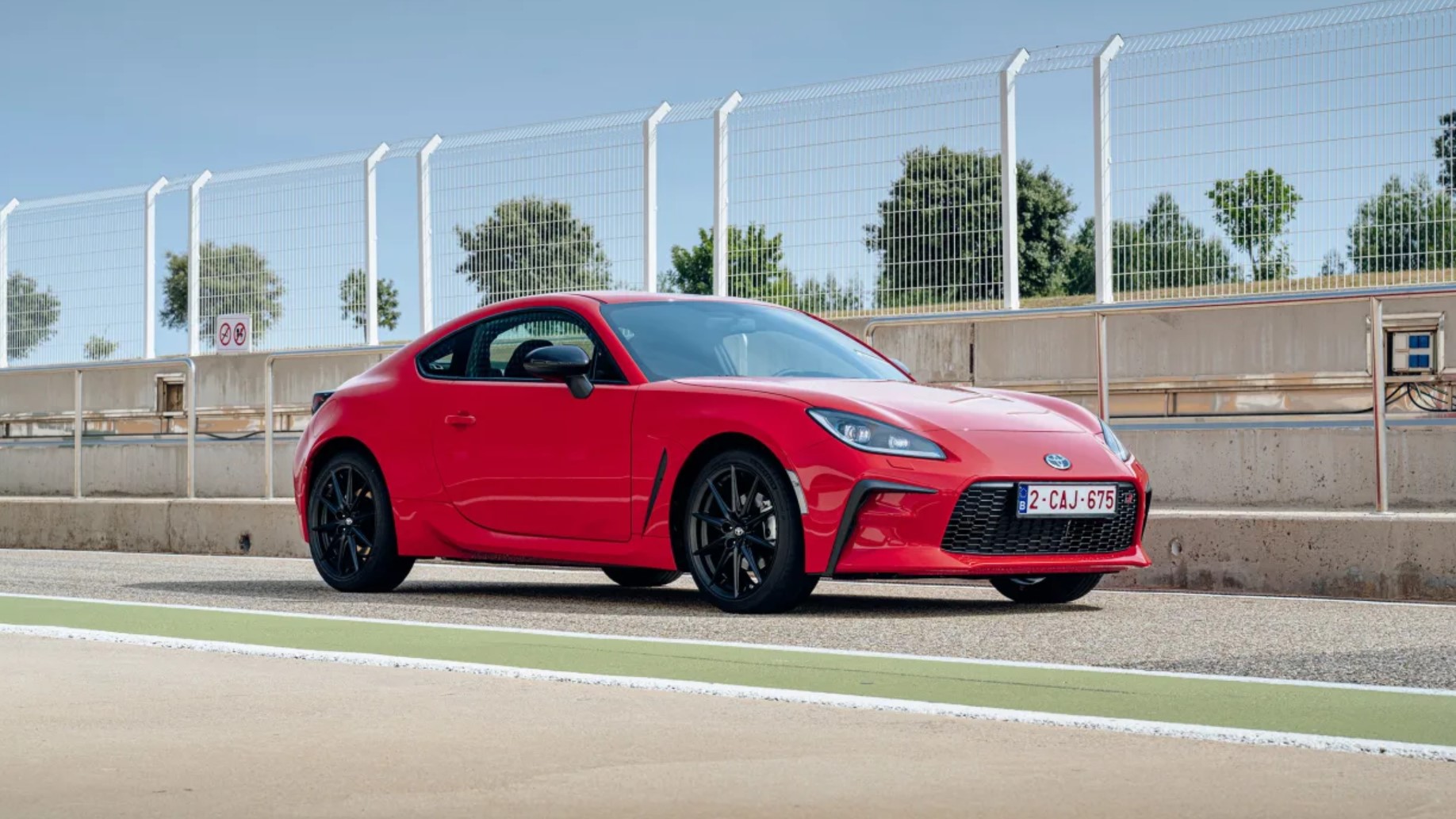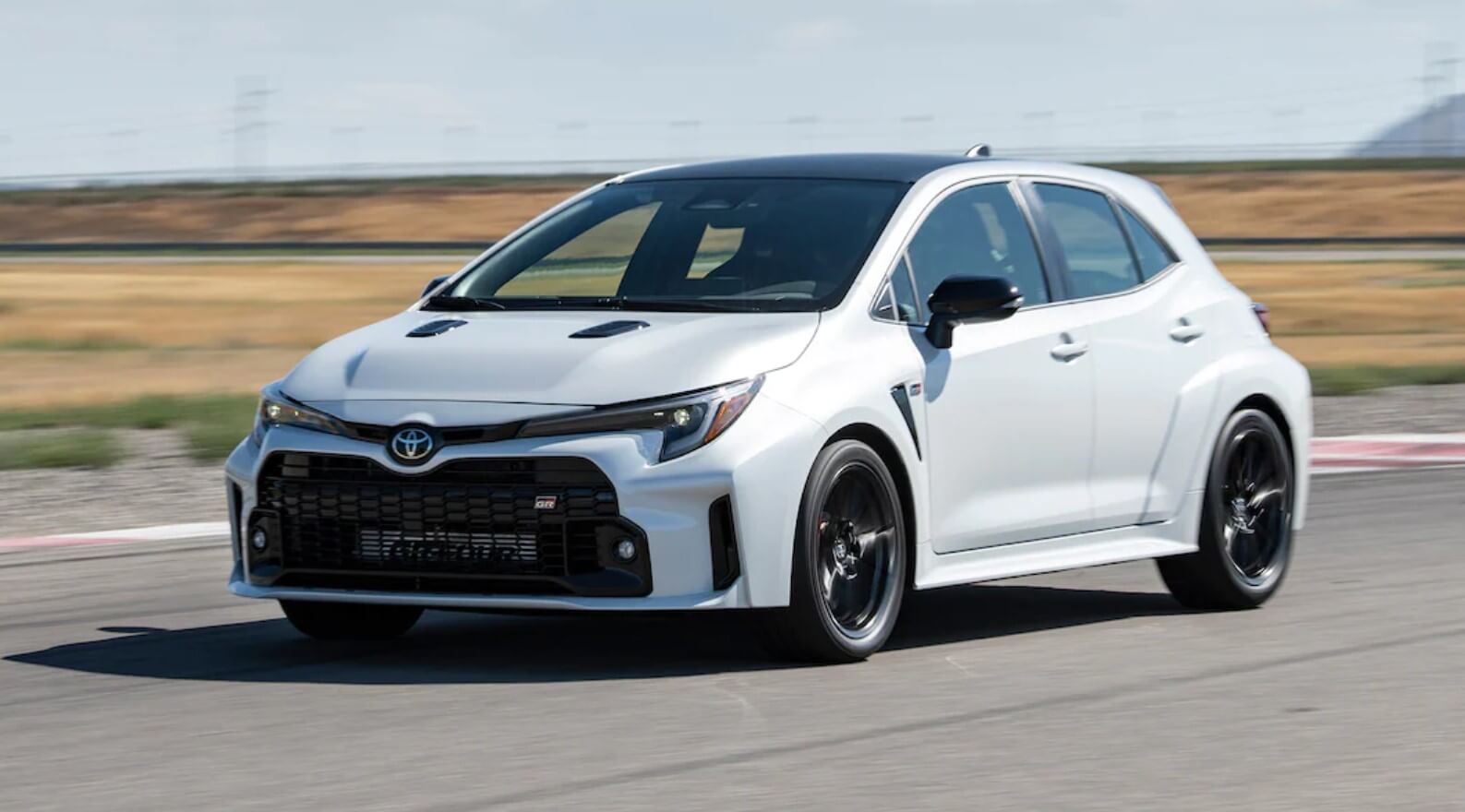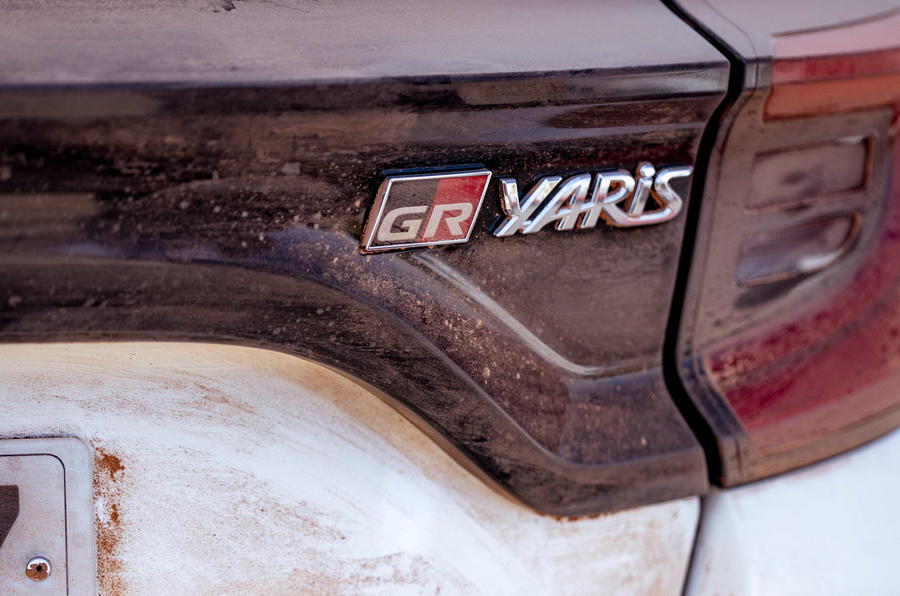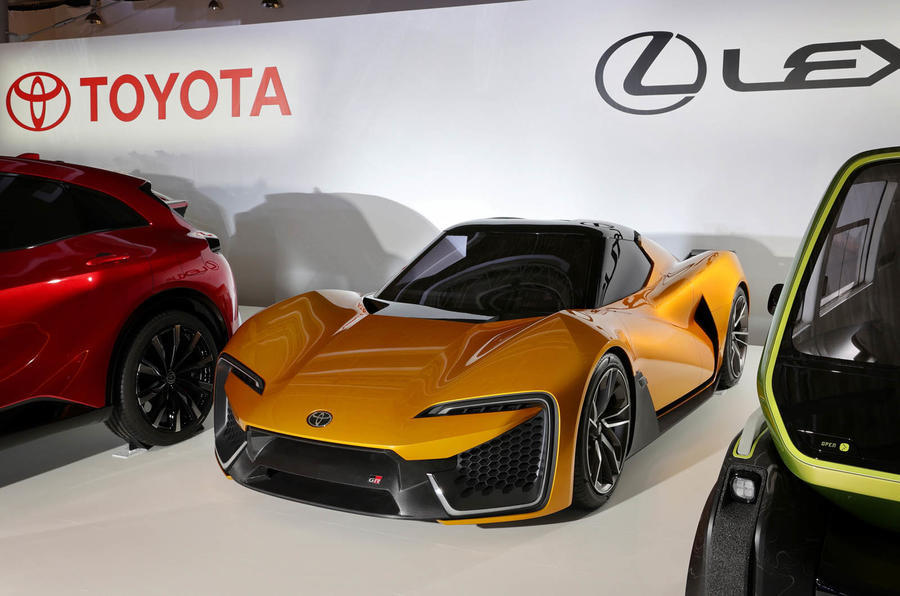Toyota’s Gazoo Racing sports cars are here to stay, and there’s no plan to electrify them until needed.
Toyota is committed to maintaining and expanding its Gazoo Racing sports car offering – but has no plans to electrify the line-up in the immediate future.
The ‘GR’ performance line-up currently comprises four cars: the Toyota GR Yaris, Toyota GR Supra, Toyota GR86 and Toyota GR Corolla. Each of these is a highly bespoke proposition based around a pure-combustion drivetrain, engineered in close collaboration with engineers from Toyota’s racing outfits.
The brand has been tight-lipped about its future performance car plans, however, since hinting at a compact electric convertible in the vein of the MR-2 in late 2021. Sibling brand Lexus, meanwhile, is working on an electric successor to the hallowed LFA supercar, complete with a trick all-wheel drive system and a manual transmission.
Speaking to journalists at Toyota’s annual Kenshiki forum in Belgium, the brand’s European product boss Andrea Carlucci outlined GR’s importance to Toyota’s forward strategy: “Clearly for GR, the strategy is very clear. We want to continue our journey, and we are looking at several options.
“To be frank with you, at the moment – looking at the response we got with ICE – of course, I’m talking about GR Yaris but also the GR86, which are an immediate success – we’re very satisfied. And there is no reason to change that direction.
“Electrification, in general terms, can come and we have to go as far as we have to go, when we wouldn’t be allowed any more to stay with ICE. Of course, we will have to move into the new era. What I want to say is that we have a full commitment to continue developing, and of course the solution cannot just be BEV.”
Toyota will have six bespoke electric cars on sale in Europe by 2026, and plans to go carbon-neutral in Europe by 2040, but has been vocal about its belief that battery-electric cars are not the only means of achieving reduced emissions.
Aside from continuing to develop hybrid and hydrogen fuel cell drivetrains, the company is also investing heavily in refining hydrogen-combustion technology, which it says could be a more cost-effective and resource-efficient means of reducing emissions, given existing engines can be converted relatively easily.
This has particularly significant implications for sports cars, which could be adapted to run on hydrogen – and thus have their emissions output drastically slashed – without losing their charismatic exhaust notes and performance characteristics. Toyota has showcased the potential of the hardware in an adapted Corolla race car and a GR Yaris rally prototype.
Future GR-badged sports cars could therefore retain a combustion engine if the technology can be developed to the point of roadworthiness and commercial feasibility. But Carlucci did say “seriously starting the hydrogen application into our line-up is not so close”.
He added that the GR brand is “a fabulous opportunity for us to connect with people, and is a fabulous opportunity for us to learn – because all that is tested in motorsports, essentially is brought back to street-legal cars like the GR vehicles”.







